Are You Getting Enough Vitamin D
 Nutrient deficiencies can have a significant impact on human health. A deficiency in vitamin D is one of the most common types of nutrient deficiency, and it can lead to a number of different health problems. It can affect the health of your bones, joints and muscles, it can increase the risk of heart disease and cancer and it can also lead to issues with fatigue and depression.
Nutrient deficiencies can have a significant impact on human health. A deficiency in vitamin D is one of the most common types of nutrient deficiency, and it can lead to a number of different health problems. It can affect the health of your bones, joints and muscles, it can increase the risk of heart disease and cancer and it can also lead to issues with fatigue and depression.
There are several risk factors that can increase your chances of a vitamin D deficiency, but one of them is living in places that are farther north. In the fall and winter months, people that live in these colder climates tend to get less sun exposure. Since your body needs solar radiation to synthesize vitamin D, this can lead to a deficiency.
If you live in these northern latitudes and experience limited exposure to the sun for many months of the year, you need to take steps to increase your intake of vitamin. This is especially true for people that have additional risk factors that can lead to vitamin D deficiency. These additional risk factors include a lack of dairy or other animal products in your diet, having darker skin, certain digestive conditions and kidney disease.
If you are concerned about vitamin D deficiency, the best thing you can do is get a blood test to determine whether you need to take steps to increase your intake. Some of the signs that can indicate a deficiency are fatigue, depression, muscle weakness, chronic bone pain and excessive sweating in situations when you are at rest.
If you find that you do have a vitamin D deficiency, then you need to take some steps to introduce more of this nutrient to your diet. The first recommendation would be to get more sun exposure, but for some people, and during certain times of the year, this might be impractical. Food sources like red meat, liver, eggs and oily fish can provide some additional vitamin D. Most milk is fortified with vitamin D, so it can be a good source and you also have a number of fortified foods that have added vitamin D. Beyond that, the addition of a vitamin D supplement can be good for people that have trouble getting enough vitamin D.
If you do need to supplement vitamin D in your diet, the idea is to get enough without getting too much. For most people, the recommendation is to get around 10mcg of vitamin D per day with an upward safe level of 100mcg. A doctor might recommend 100mcg of vitamin D for a person that has a deficiency, but it is a level that should be avoided unless it is prescribed by a doctor.

